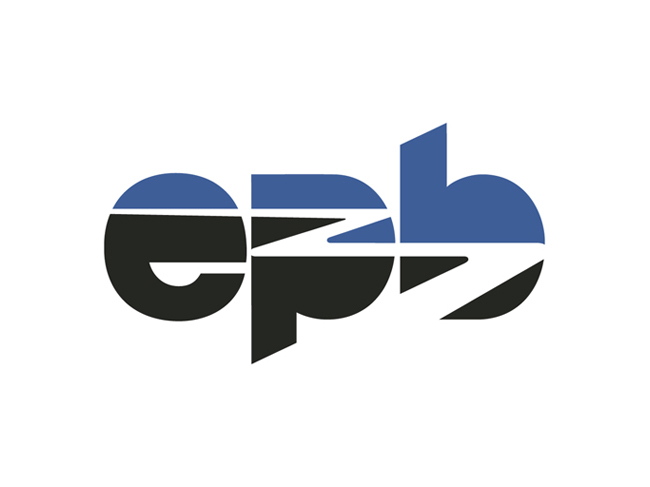A judge has unsealed a $10 million whistle-blower lawsuit filed against EPB on behalf of the city and state, alleging that the utility made false claims on its billing records for 20 years.
Plaintiff Don Lepard alleged he discovered an estimated $5.9 million in billing discrepancies when Chattanooga officials contracted with him in 2011 to replace streetlights, but the suit said his warnings to both parties fell on deaf ears.
Instead of settling the matter with the city, EPB instead began making covert changes to its billing procedures and attempted to discredit Lepard, he alleged.
"Here's what got them caught: greed," Lepard said.
EPB president and CEO Harold DePriest declined Friday to comment specifically on Lepard's claims.
EPB has admitted that it charged the city for thousands of older, high-wattage lights that were no longer on the poles, and which in many cases had been replaced by more energy-efficient lights. But the utility has steadfastly maintained that these overcharges were balanced out by other mistakes and costs.
At a news conference following news reports about the billing discrepancies, DePriest said the company had hired independent auditor Mauldin & Jenkins but he didn't expect the audit would find anything.
"As far as we're concerned at EPB, we really don't care if the numbers turn out to be big dollars, little dollars, or as I expect, zero dollars," DePriest said at a news conference in June. "We'll do what's right."
Mauldin & Jenkins first said EPB underbilled taxpayers by nearly $686,000. But the firm was forced to revise its audit multiple times after EPB provided it with "erroneous information," according to a memo released Friday by City Auditor Stan Sewell.
Sewell and the city believe EPB has overbilled between $813,000 and $1.2 million over more than seven years.
"We further note the energy overbilling occurred over a period greater than the 89 months used for the calculation," Sewell wrote.
Lepard's lawsuit falls under Tennessee's whistleblower law, which allows individuals to bring lawsuits on behalf of cities or the state, with a large portion of the damages being returned to taxpayers. The city may opt not to take the lead in such a lawsuit, instead allowing co-plaintiffs like Lepard to pursue the case.
City Attorney Wade Hinton said Mayor Andy Berke and the City Council elected not to join Lepard's lawsuit because a small group of the mayor's top staff is privately pressing EPB on its overcharges and to avoid paying attorney fees. But Hinton reserved the right to intervene "if the discussions with EPB are not fruitful."
If his suit is successful, Lepard could receive between 25 percent and 50 percent of any damages awarded under the statute governing whistle-blower lawsuits.
Hinton polled council members and the mayor to determine their position on the lawsuit, but no vote was taken publicly and most declined to reveal their opinion.
"I certainly do not mind making my position known, but I would rather wait," said Chip Henderson, City Council chairman.
EPB, which has 30 days to reply to the suit, will continue to work toward a settlement, DePriest said.
"It's notable that the City of Chattanooga declined to participate in Don Lepard's lawsuit," DePriest said in a statement. "Like the City, EPB remains committed to working together in good faith to find a fair solution for both citizens and our customers."
Contact staff writer Ellis Smith at 423-757-6315 or esmith@timesfreepress.com with tips and documents.

